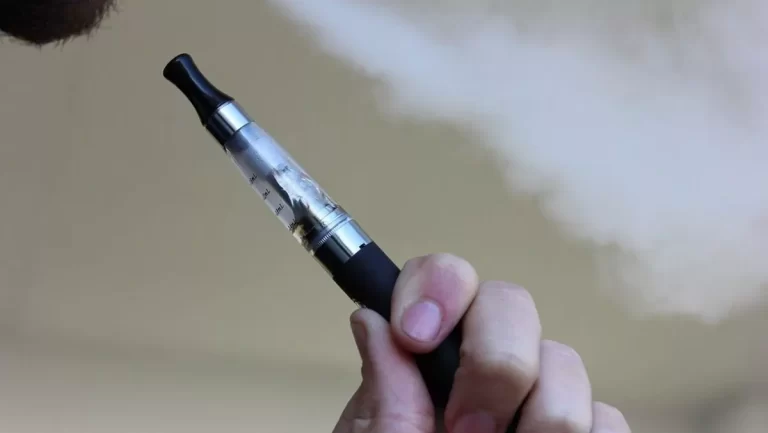Kenya’s Rising Tobacco Consumption and the Revision of the Tobacco Control Act

According to a report by Nation on October 4th, data from Consumer Insights Company and Statista reveals that there were approximately 3.1 million tobacco users in Kenya by the end of 2022, and this number is projected to climb to 3.61 million by 2029. Over the past 15 years, the number of smokers in Kenya has steadily increased, and it is anticipated to grow by 200,000 in the next five years, with an increase rate reaching 5.8%.
Based on Statista’s survey, currently, the proportion of smokers is the highest in the central region of Kenya, standing at 11.9%. The coastal region and the eastern region follow, with proportions of 10.8% and 10.7% respectively. Cigarettes (14%) and vaping e-cigarettes (8%) are ranked as the top two “most widely used tobacco products” in Kenya.
According to the data from the Tobacco Control Board, over 9,000 Kenyans die each year due to smoking-related causes. E-cigarettes have become prevalent among young people, especially primary and secondary school students, which has led to an increase in the number of underage smokers.
Against this backdrop, the Senate Health Committee is initiating the process of amending the Tobacco Control Act that came into effect on September 27th, 2007. The aim is to establish the Tobacco Control Board to regulate the manufacturing, production, labeling, sales, sponsorship, and promotion of tobacco products.
In recent years, the emergence of new tobacco products such as e-cigarette products and nicotine pouches has rendered the existing laws outdated. Senator Catherine Mumma submitted a motion for amendment, pointing out that the last amendment in 2009 failed to foresee the widespread use of nicotine products and nicotine pouches.
“The Tobacco Control (Amendment) Bill (No. 35) of the Senate Bill No. 35 in 2022 (hereinafter referred to as ‘the Bill’) is mainly intended to amend the 2007 Tobacco Control Act to regulate electronic nicotine delivery systems, including e-cigarettes and related products, control the advertising of tobacco and tobacco products sold to minors and ensure prior approval from the Cabinet Secretary.”
Once this new law comes into effect, the manufacturing, importing, distributing, storing, or selling of nicotine products will be prohibited without the approval of the Minister of Health. In addition, restrictions will be imposed on the manufacturing, distribution, marketing, and sales of electronic nicotine delivery systems, their refill containers, and nicotine pouches, as well as on tobacco product advertising.
The situation regarding tobacco consumption in Kenya calls for urgent attention and regulatory actions. The planned amendment of the Tobacco Control Act reflects the efforts to adapt to the changing landscape of tobacco products and safeguard public health, especially that of the younger generation. It remains to be seen how effectively these measures will be implemented and whether they can achieve the desired outcomes in curbing the prevalence of smoking and protecting the well-being of Kenyans. However, it is a crucial step in the right direction towards a healthier society with better control over tobacco use and its associated risks.






-qwpax3rd2nto0i9lm3wb0nde9r42qenn9so2lk7sb4.png)